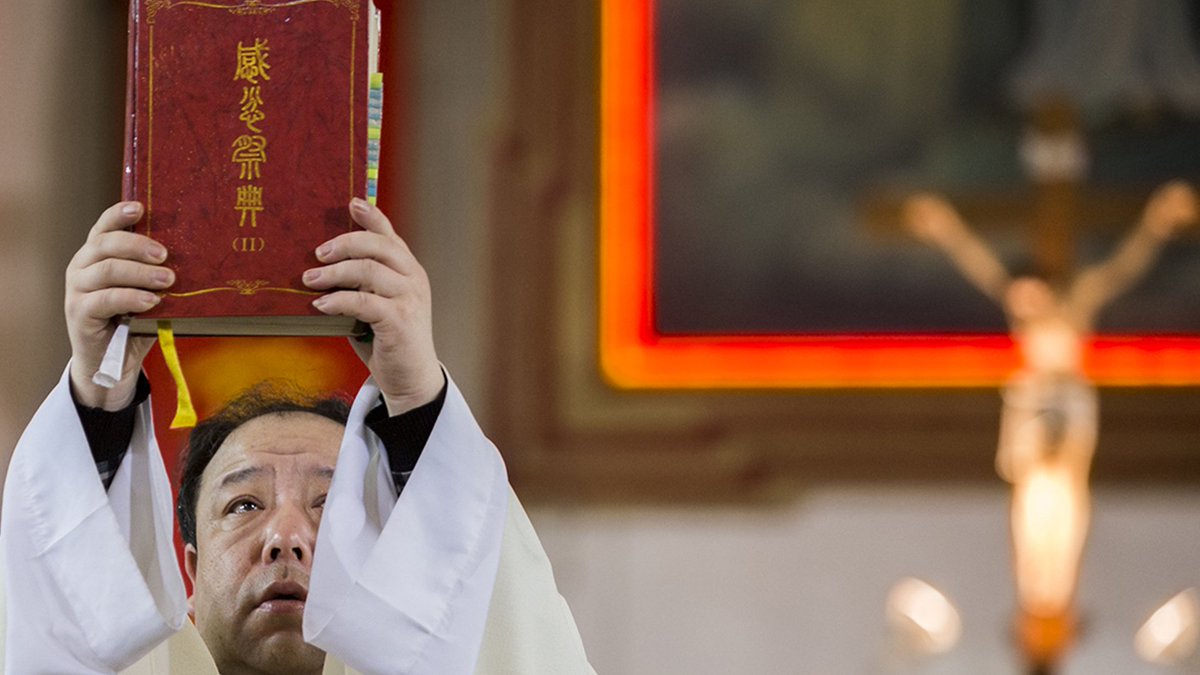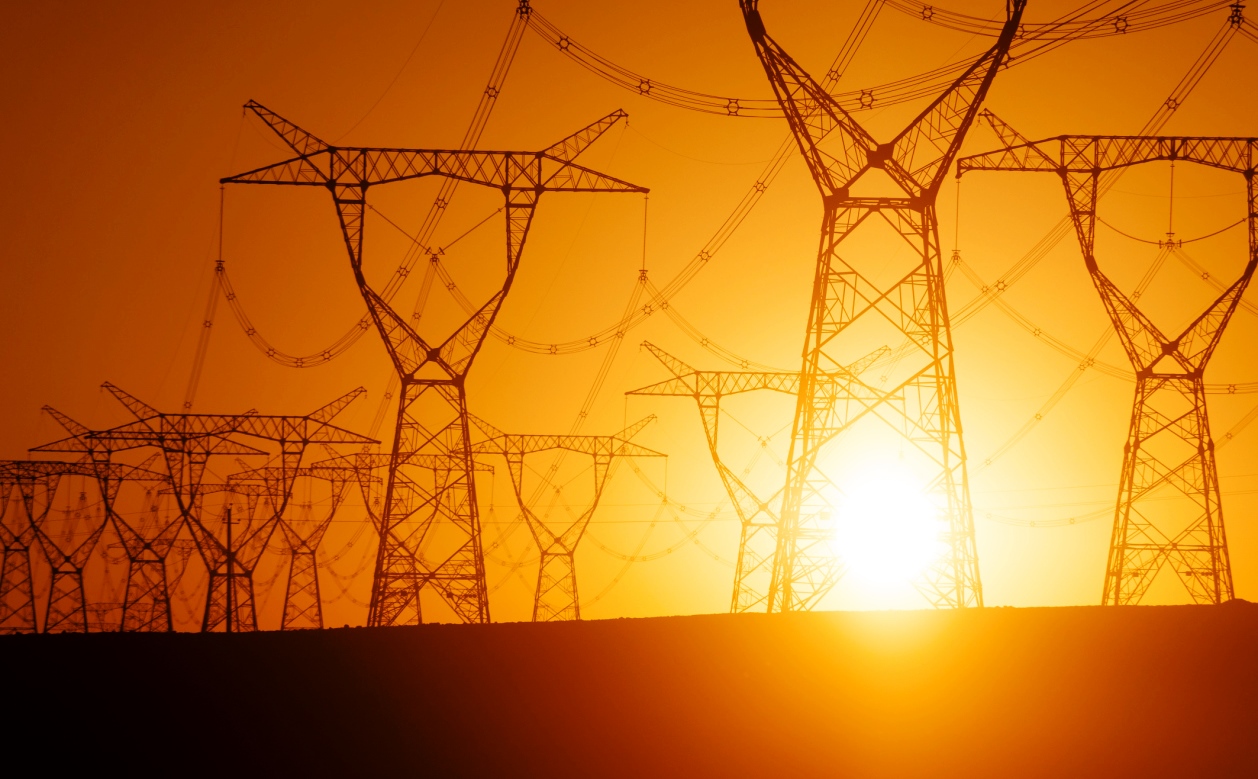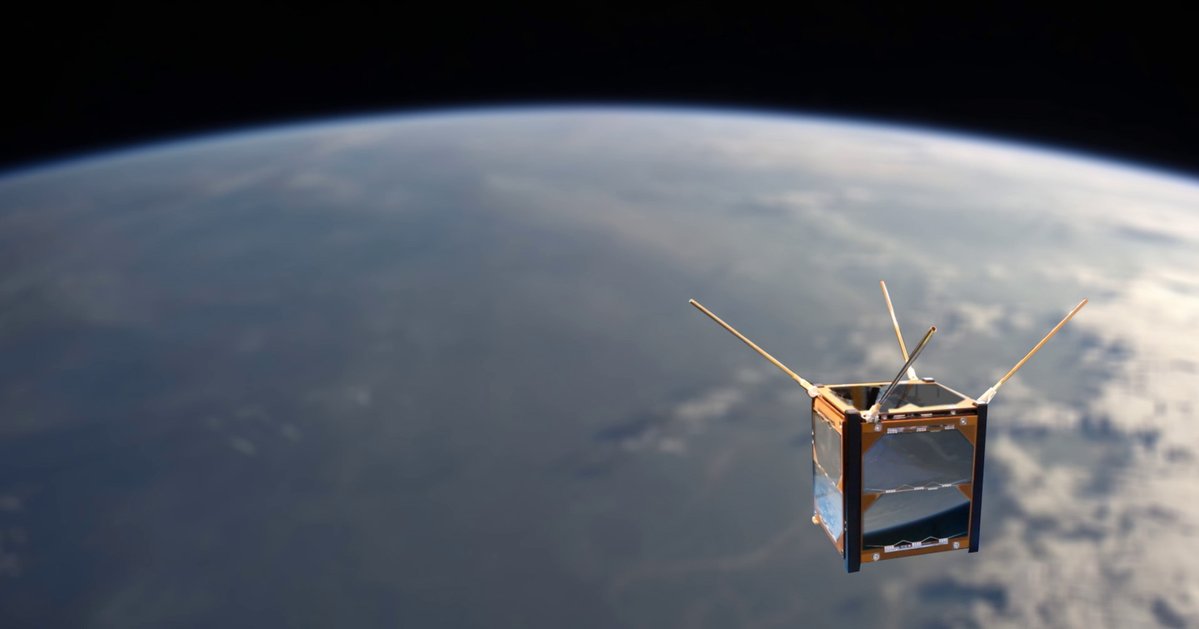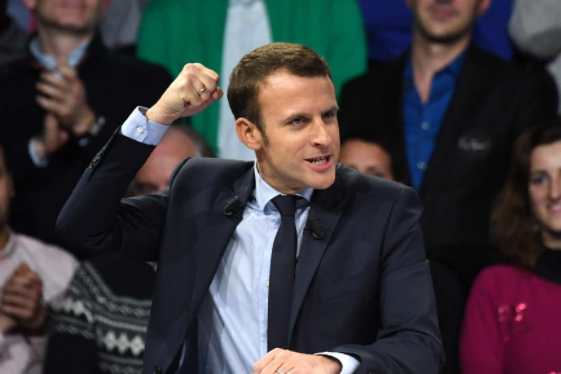President Donald Trump said the United States was considering a big “fine” as part of a probe into China’s alleged theft of intellectual property, the clearest indication yet that his administration will take retaliatory trade action against China.
In an interview with the media, Trump and his economic adviser Gary Cohn said China had forced U.S. companies to transfer their intellectual property to China as a cost of doing business there.
The United States has started a trade investigation into the issue, and Cohn said the United States Trade Representative would be making recommendations about it soon.
“We have a very big intellectual property potential fine going, which is going to come out soon,” Trump said in the interview.
While Trump did not specify what he meant by a “fine” against China, the 1974 trade law that authorised an investigation into China’s alleged theft of U.S. intellectual property allows him to impose retaliatory tariffs on Chinese goods or other trade sanctions until China changes its policies.
Trump said the damages could be high, without elaborating on how the numbers were reached or how the costs would be imposed.
“We’re talking about big damages. We’re talking about numbers that you haven’t even thought about,” Trump said.
U.S. businesses say they lose hundreds of billions of dollars in technology and millions of jobs to Chinese firms which have stolen ideas and software or forced them to turn over intellectual property as part of the price of doing business in China.
The president said he wanted the United States to have a good relationship with China, but Beijing needed to treat the United States fairly.
Trump said he would be announcing some kind of action against China over trade, adding that he will discuss the issue during his State of the Union address to the U.S. Congress on Jan. 30.
Asked about the potential for a trade war depending on U.S. action over steel, aluminum and solar panels, Trump said he hoped a trade war would not ensue.
“I don’t think so, I hope not. But if there is, there is,” he said.
In Beijing, foreign ministry spokesman Lu Kang said there were no laws in China to force foreign investors to transfer technology, but acknowledged such things may happen as part of “market behaviour” between companies working with each other.
“There is absolutely no government meddling in these actions,” Lu told a daily news briefing on Thursday.
“At the same time, I want to stress that China will resolutely protect its legitimate rights,” he added, without elaborating.
Jeffrey Schott, a senior fellow at the Peterson Institute for International Economics, said the penalties under Section 301 of the Trade Act of 1974, which authorised the investigation into China’s intellectual property practices, would probably include a package of both tariffs and restrictions on Chinese investment in the United States.
“I suspect the U.S. measures will involve restrictions in areas where we don’t have WTO (World Trade Organisation) obligations,” Schott said. Trump likes to talk about tariffs so that may be part of the package too.
“The Chinese would have the legal right to retaliate against tariff increases.”
Throughout his 2016 election campaign, Trump routinely threatened to impose a 45 per cent across-the-board tariff on Chinese goods as a way to level the playing field for American workers.
At the time, he was also accusing China of manipulating its currency to gain an export advantage, a claim that his administration has since dropped.
Trump said on Wednesday that China stopped meeting the criteria for currency manipulation after his election, and he said making that designation while trying to work with Beijing.



